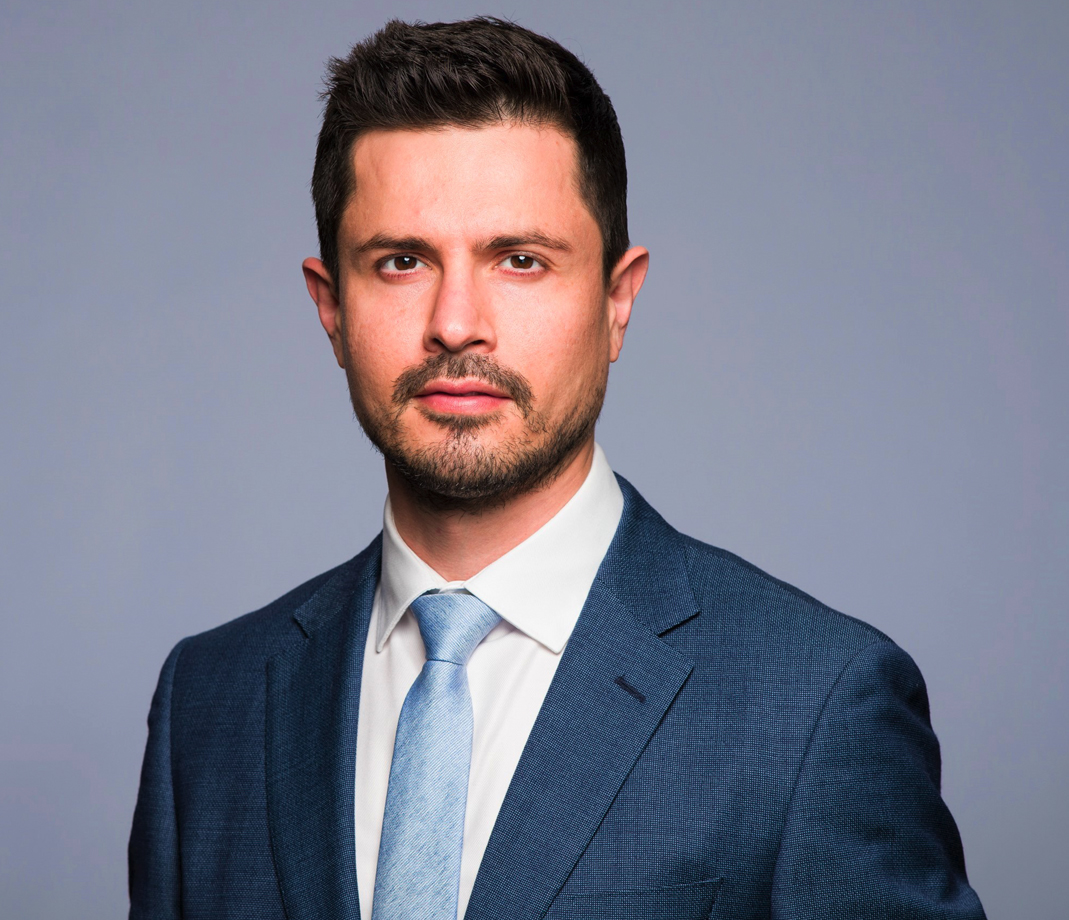Ford Foundation funds Georgiev’s ongoing research on workforce issues in corporate law

Emory Law Associate Professor George S. Georgiev is among a select group of researchers who recently received funding from the Ford Foundation, as part of a far-reaching project on how some of the biggest companies in the United States manage and compensate their employees.
The grant will allow Georgiev to expand research for his forthcoming study, “Human Capital as a Mission-Critical ESG Factor: New Evidence & Legal Implications.” Georgiev’s analysis draws upon new evidence from firms’ disclosure of workforce-related information pursuant to the SEC’s 2020 disclosure rule and builds upon his widely acclaimed article, “The Human Capital Management Movement in U.S. Corporate Law,” which was published in 2021.
Georgiev’s proposal was one of seven the foundation selected from 80 submissions. He is also the sole law professor in the group, which includes researchers from Columbia University, London Business School, and the Federal Reserve Board, as well as national organizations that support and research labor.
“Corporations have long proclaimed that employees are their most important assets, but, until recently, workforce-related matters were largely absent from corporate law and governance,” Georgiev said. “The landscape changed dramatically during the late 2010s through the rapid rise of what I’ve described as a human capital management movement in U.S. corporate law.”
“These fascinating developments have opened up a broad research agenda in corporate law and they’ve also generated lively interdisciplinary conversations with scholars working in accounting, finance, and organizational sociology,” he said.
The Ford Foundation partnered with Just Capital to issue a request for proposals last year. In a release announcing the awardees, the foundation’s Margot Brandenburg noted that only 15% of public companies in the U.S. disclose wage data, “and even fewer report on benefits costs, worker retention and training initiatives.”
“This is a problem, she continued. “In the U.S., 90% of the value of S&P 500 companies derives from ‘intangible’ assets like brand reputation, intellectual property and, critically, talent. Yet, our accounting standards reflect the ‘tangible’ economy that existed when they were created nearly a century ago. In practice, this means investors, consumers, and regulators, among others, are using a 20th-century lens to examine 21st-century enterprises.”
The goal was to select proposals that help investors and stakeholders understand the impacts of workforce management and compensation on company performance, Brandenburg said. Georgiev said he looks forward to seeing what the multilayered project yields and is honored to be a part of it.
“Human capital management is poised to assume even greater prominence in corporate law in the future, and I am grateful to the Ford Foundation and Just Capital for supporting my ongoing work in this important area,” Georgiev said.